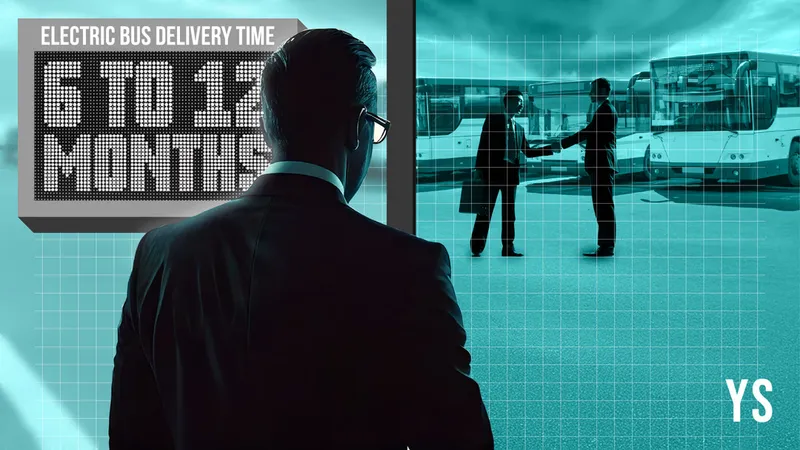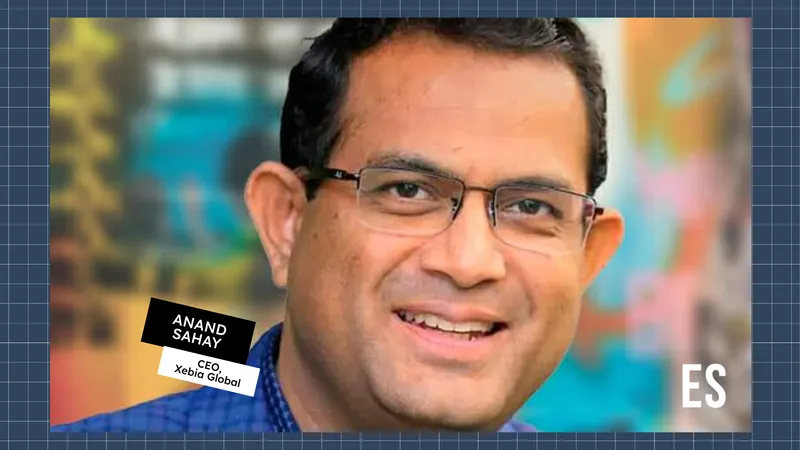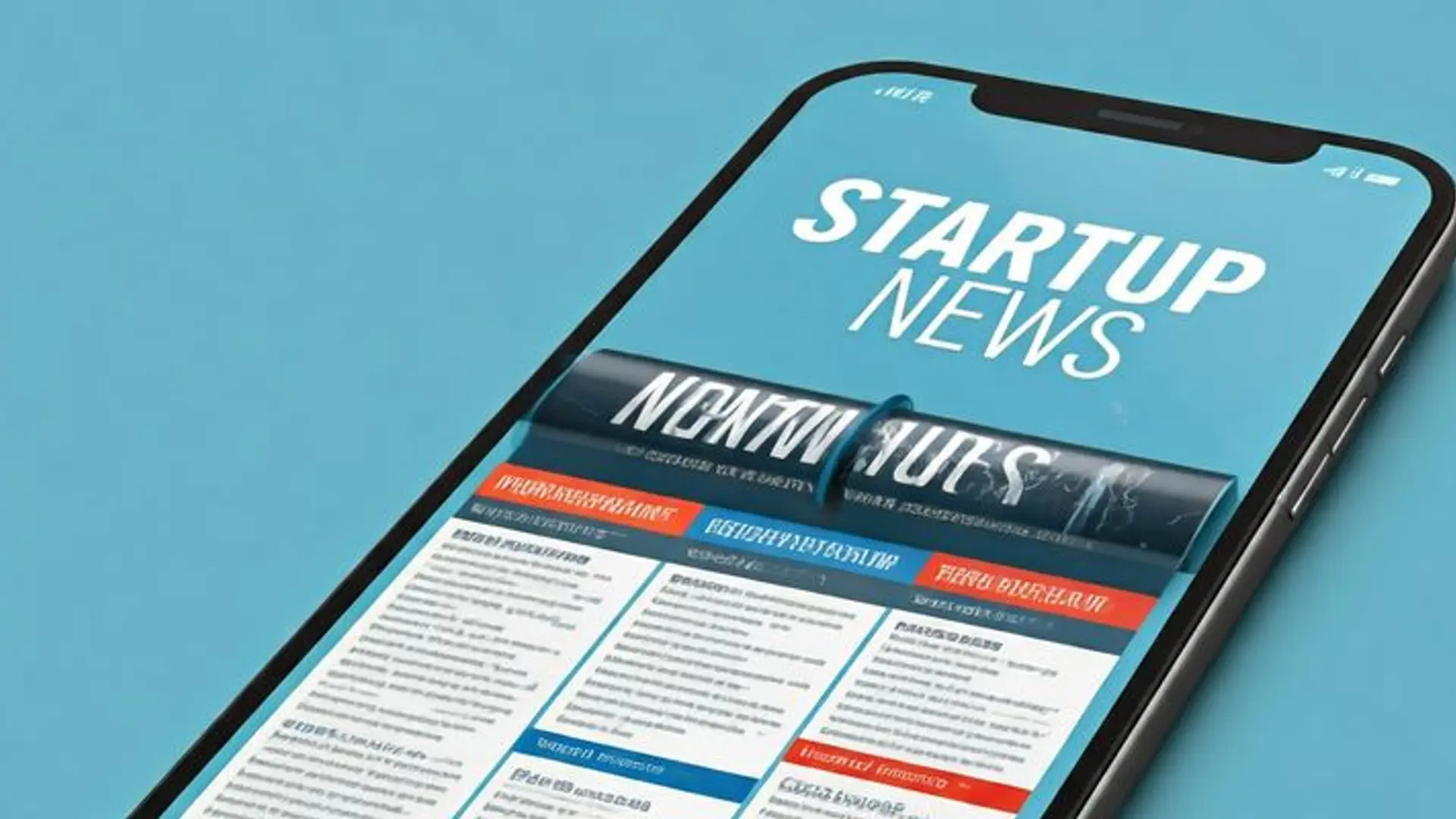Supply chain roadblocks for electric buses; Inside Xebia’s push to nurture tech talent
Large government orders are flooding the electric bus segment, resulting in delayed deliveries to private fleet operators. Xebia CEO Anand Sahay said the company sees Tier II cities in India as the new hotspots for building AI solutions.
Hello,
The dog days of summer may be closer than you think.
Most parts of India will likely witness above normal temperatures from April to June, with April seeing the highest maximum temperatures.
This has broader implications beyond the expected water shortages and power outages. The forecast comes after an unusually warm March, increasing the risk of damage to wheat crops that are currently being harvested across the country.
Policymakers are also bracing for a record peak electricity demand this summer, which also means a drastic spike in coal usage to meet the power demand in the world’s most-populated country.
Meanwhile, in China, companies are competing to provide the cheapest AI agent on the market. Butterfly Effect’s Manus AI agent is set to become a $39 subscription service, while Beijing-based Zhipu is making its AI agent, AutoGLM, free to use and open-source.
However, when it comes to CPUs, there’s a clear winner: Arm Holdings has projected that its share of the global market for data centre central processing units could surge to 50% by the end of the year.
The heat is on.
In today’s newsletter, we will talk about
- Supply chain roadblocks for electric buses
- Inside Xebia’s push to nurture tech talent
Here’s your trivia for today: In a 1980s April Fools’ Day prank, BBC World Service announced that the Big Ben clock tower was going to be changed to what?
Electric Vehicles
Supply chain roadblocks for electric buses
By 2030, India aims to deploy 50,000 electric buses and ensure that 40% of buses in the country are electric. The regulatory push for electric buses, including programmes such as the PM e-Bus Sewa Scheme, has led to a large influx of orders for e-buses as states look to transition to green mobility.
However, with manufacturers focusing on government orders, private bus operators are losing out on this green drive. Today, there are three main players in this segment: NeuGo, FreshBus, and a relatively new entrant, LeafyBus, all of whom have signed agreements to roll out new buses this year, increasing their fleet size.
Order surge:
- According to reports, as of 2024, public transport authorities have placed over 20,000 e-bus orders, helped by government initiatives and other factors. Amid the rise in demand for electric buses, OEMs are reportedly struggling to satisfy government orders to now deliver buses to these private players.
- Today, while the upfront cost of operating an EV is expensive, the operational cost of running an e-bus is much less compared to an ICE (internal combustion engine) bus. In fact, most private electric bus operators today run multiple buses on a short route, helping them attain profitability on each bus faster.
- Initially, many EV operators offered tickets at discounted, introductory prices. However, marketplaces now show that most of these players have aligned their fares with standard rates—or even priced them at a premium—highlighting a natural rise in demand for electric buses on shorter routes.

Interview
Inside Xebia’s push to nurture tech talent
Global IT consultancy company Xebia, founded in 2001 in the Netherlands, is taking a differentiated approach to nurturing and growing tech talent in India by focusing on Tier II cities.
The IT company, which has a presence in Europe, North America, and Asia, believes Tier II cities in India will provide the much-needed artificial intelligence (AI) solutions. In an interview with Enterprise Story, Anand Sahay, CEO, Xebia, dives deep into the company’s strategy to create AI-first transformation hubs in the country.
AI upskilling:
- According to Sahay, Jaipur and Bhopal have turned into AI-first transformation hubs for the company. He emphasised the importance of Tier II cities in India’s development story, adding that globally, businesses were now recognising these areas as prime hubs for deploying cutting-edge AI tech.
- To upskill its workforce, Xebia has developed worldwide instructional programs on AI that enable engineering graduates to lead enterprise-scale AI initiatives, Sahay said. In the company’s Bhopal and Jaipur offices, the training paradigm is live project participation for select Fortune 500 clients.
- For FY’25-26, Xebia plans to recruit 1,000 to 1,500 engineers who specialise in AI, automation, and cloud transformation. Sahay explained that Xebia’s strategy hinges on both bringing in lateral hires and running structured training programs that throw early-career engineers into live AI projects from day one.

News & updates
- Fined: Apple was hit with a $162.4 million fine by French antitrust regulators on Monday for abusing its dominant position in mobile app advertising on its devices via a privacy control tool.
- Surprise loss: Huawei Technologies Co. posted its first quarterly net loss in years after the company spent aggressively on research in areas from EVs to chips while the business as a whole slowed.
- Tweaked: Renault and Nissan agreed to tweak their 25-year partnership, with a deal allowing them to lower the minimum required voting stake they must hold in each other to 10%, with Nissan also able to walk away from a previous commitment to invest up to $649.7 million in Renault’s Ampere EV business.
In a 1980s April Fools’ Day prank, BBC World Service announced that the Big Ben clock tower was going to be changed to what?
Answer: A digital clock.
We would love to hear from you! To let us know what you liked and disliked about our newsletter, please mail [email protected].
If you don’t already get this newsletter in your inbox, sign up here. For past editions of the YourStory Buzz, you can check our Daily Capsule page here.







